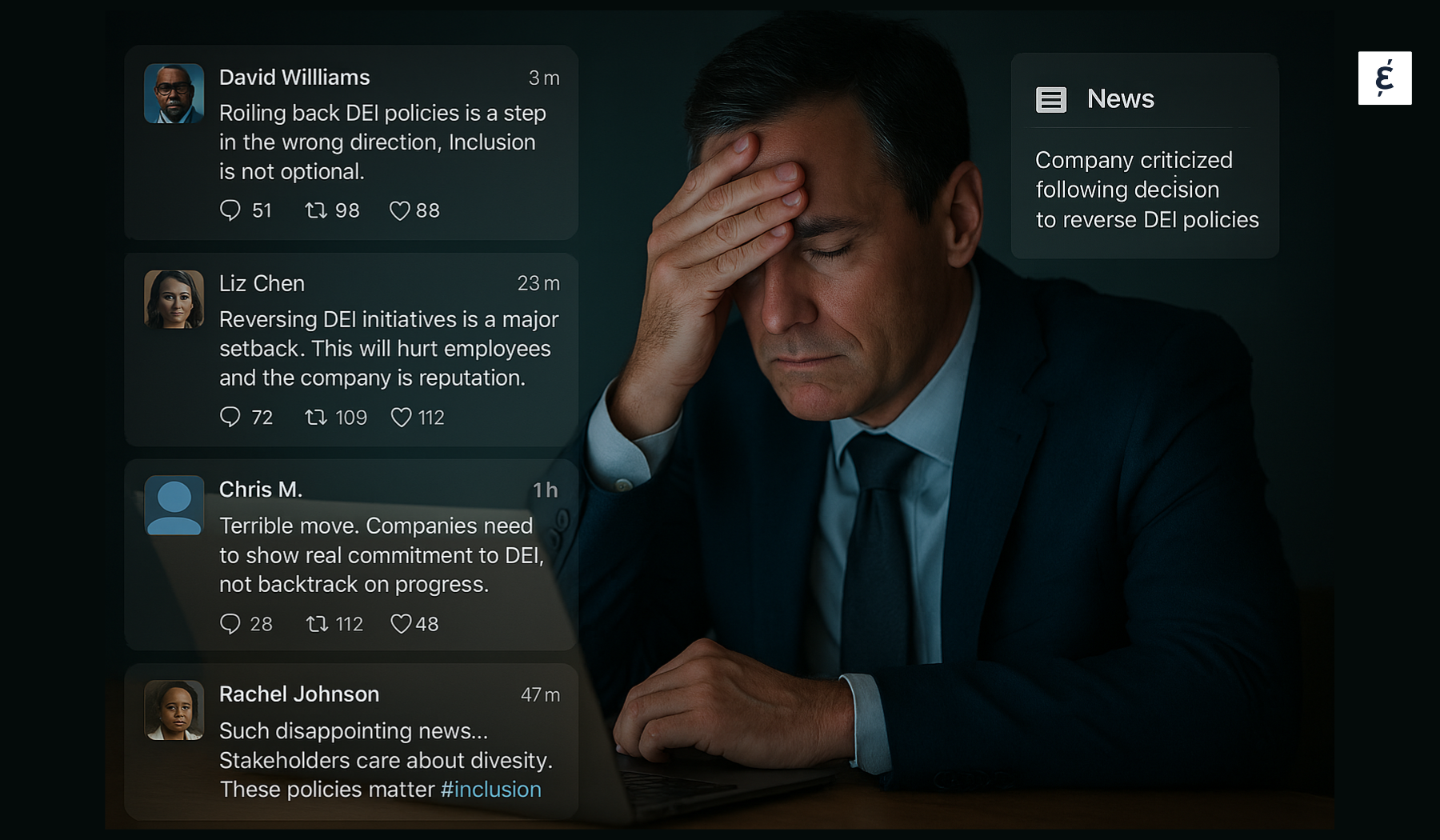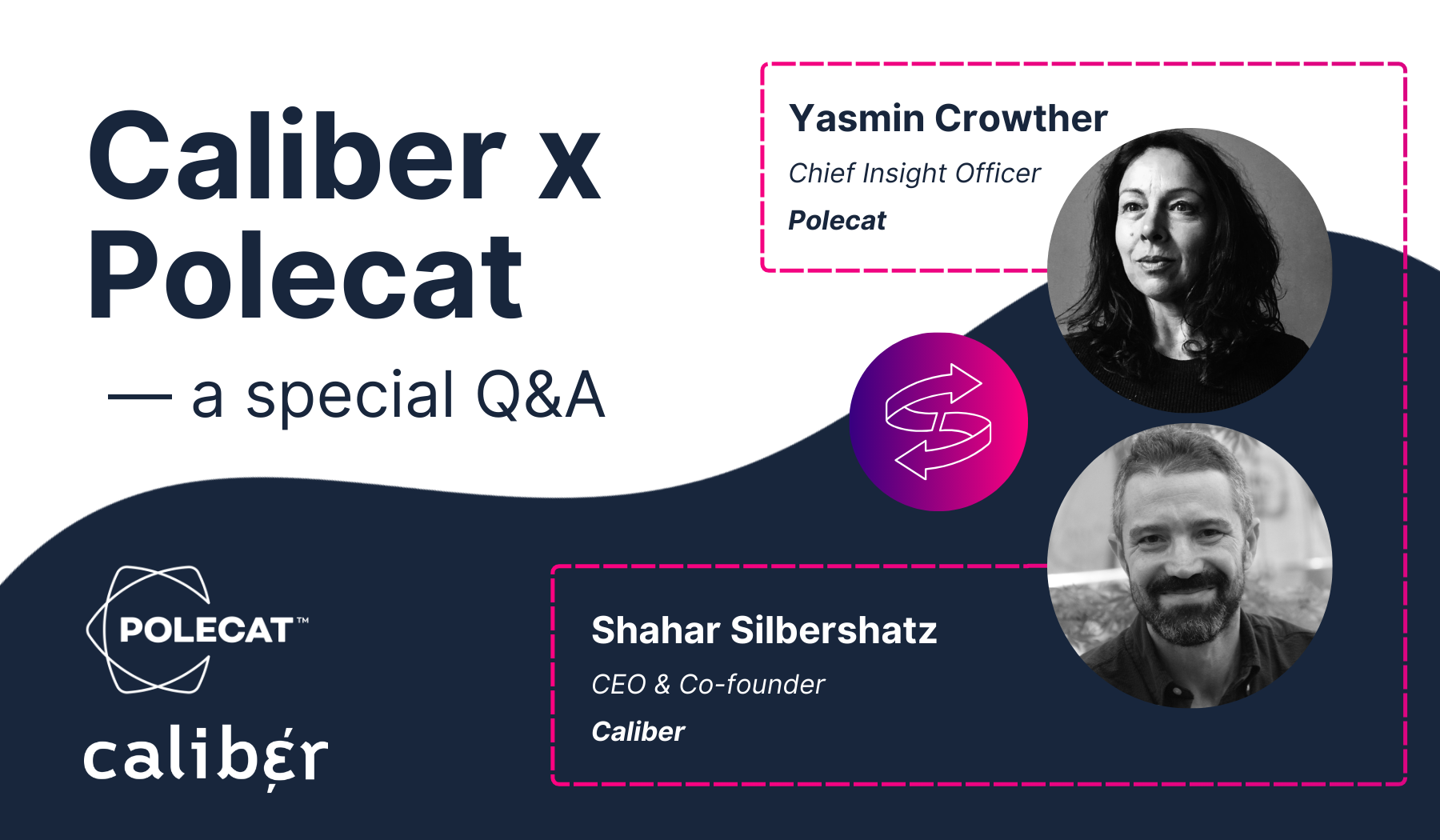

Companies with a durable character are more trusted by people around them. This directly impacts their long-term success, as it makes key stakeholders more loyal and willing to advocate on their behalf. Building character, however, is an ongoing process. Here are a few tips to help you along the way.
Don’t try to come up with something new and different when articulating the character – focus on what’s already there in the company’s ethos, heritage, culture, and value creation capabilities. The trick is to articulate it in a differentiated and inspiring way – but the core should be authentic, credible, and real. Otherwise, there’s a risk of failing to deliver.
The strongest corporate characters are driven almost single-handedly by the CEO (think Unilever, Apple, and IBM), but it’s the whole senior management team that needs to be engaged: not just to get the right input and buy-in from the start, but more importantly to align the character with the company’s behavior, and integrate it across the business and all its activities. This is the only way to stay true to it over time.
Stakeholders go beyond customers, shareholders, and employees (though that’s a good start).
They’re important in three ways: 1) they provide a valuable outside view of the company as input for articulating the character, 2) their needs, perceptions, and expectations need to be considered when articulating the character and when adjusting it over time, and 3) effective on-character engagement with them is crucial to winning their trust and affection.
The importance of culture to character has been proven again and again, yet many companies still conduct brand, reputation, and purpose processes without HR being involved or employees being seen as a priority.
That’s a costly mistake, as ultimately a company’s (and its people’s) behavior will determine perceptions of it –this is also true for non-service-based businesses.
Beyond involving employees, this calls for using people management tools as key elements in integrating and activating character.
Corporate character is an exercise in long-termism: it’s a never-ending process and therefore challenging to many. This means it requires ongoing mechanisms, work processes, and management tools like KPI systems and leadership development to truly become part of how people work rather than ending as a one-off campaign. It’s the companies that persevere who see the results and reap the benefits!






© 2024 Group Caliber | All Rights Reserved | VAT: DK39314320